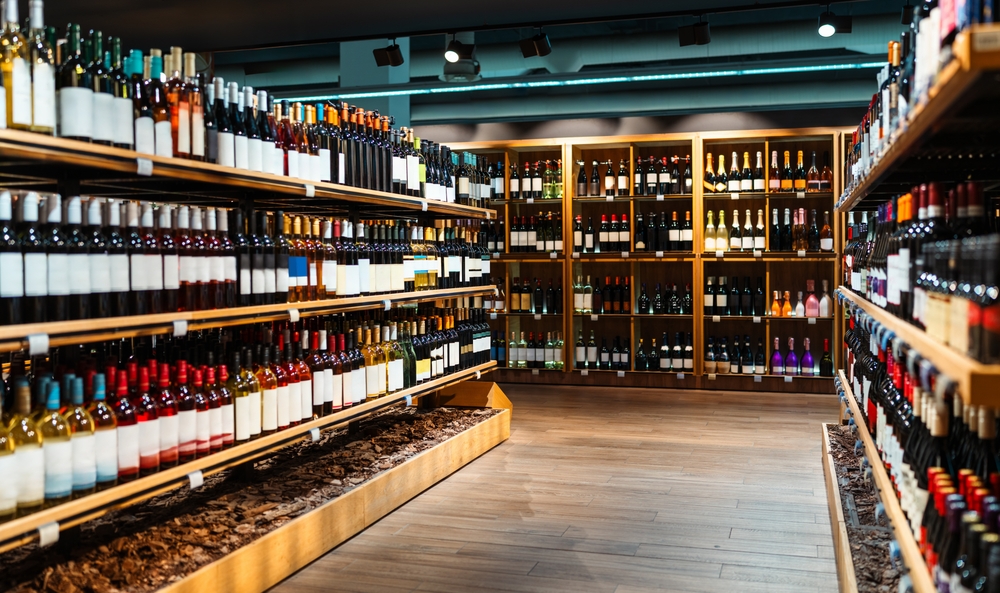Why Liquor Businesses Need General Liability Insurance
Unlike general retail operations, businesses that sell, serve, or distribute alcohol are exposed to greater legal and financial risks. General liability insurance provides a crucial layer of protection, covering third-party claims of bodily injury, property damage, and personal injury that could occur on your premises.
Whether a customer slips and falls in your store or an altercation occurs in your bar, the costs of medical expenses, legal defense, and settlement can be significant. Without the right coverage, a single lawsuit can put your business at risk of closure.
Understanding Liquor Business General Liability Coverage
Liquor Business General Liability is often the foundation of a strong insurance plan for establishments involved in the sale or service of alcohol. Here’s what it typically covers:
-
Bodily Injury Claims: If a customer is injured on your premises, this coverage can pay for medical expenses and legal defense.
-
Property Damage: Protects against accidental damage to someone else’s property caused by your operations or employees.
-
Personal & Advertising Injury: Covers claims of slander, libel, or false advertising brought against your business.
-
Legal Fees & Court Costs: Even if a lawsuit is dismissed, legal defense costs can accumulate quickly. General liability insurance helps absorb those costs.
However, general liability alone may not cover all alcohol-related incidents. This is why many businesses also add Liquor Liability Insurance to their policies.
Liquor Liability vs. General Liability: What’s the Difference?
While Liquor Business General Liability provides broad protection, it usually excludes damages that result directly from the sale or service of alcohol. That’s where Liquor Liability Insurance (or Dram Shop Insurance) comes in.
Liquor liability insurance is tailored to cover claims arising from alcohol-related incidents, such as:
-
A patron who causes a car accident after being served alcohol at your bar
-
A fight breaking out in your nightclub involving intoxicated customers
-
Damage caused by a drunken customer after leaving your event or store
Together, liquor liability and general liability form a comprehensive protection plan for businesses in the alcohol industry.
Who Needs Liquor Business General Liability Coverage?
Any business involved in the sale or service of alcoholic beverages should consider general liability insurance as a non-negotiable part of its risk management strategy. This includes:
-
Bars and Taverns
-
Nightclubs and Lounges
-
Restaurants that serve alcohol
-
Retail liquor stores
-
Breweries, wineries, and distilleries
-
Event venues with alcohol service
-
Caterers or mobile bartenders
Even if your business only occasionally serves alcohol, such as at private events or tastings, you could still be held liable for incidents involving intoxicated guests. Host Liquor Liability Coverage can be added in these cases.
How It Protects Your Liquor Business
General liability insurance does more than just pay claims. It shows your customers, partners, and landlords that you’re a responsible and trustworthy business owner. Many landlords and event venues even require proof of general liability before leasing commercial space or signing contracts.
Common Scenarios Where This Coverage Helps:
-
A delivery person trips on a wet floor inside your liquor store and sues for injury.
-
A customer claims your bar’s promotional materials contain false advertising and files a lawsuit.
-
A passerby gets hit by a falling sign outside your tavern and seeks compensation.
-
A social media influencer claims your staff damaged their camera equipment during a club event.
In each of these cases, Liquor Business General Liability provides coverage for legal costs, settlements, or medical payments—helping you avoid major financial losses.
How Much Does It Cost?
The cost of general liability insurance for a liquor business varies depending on several factors:
On average, small liquor stores and bars may pay between $800 and $2,500 annually for general liability coverage. Adding liquor liability will increase the premium, but it significantly expands your protection.
Combine Policies for Full Protection
To build a truly protective shield around your business, consider combining general liability with other essential coverages:
-
Liquor Liability Insurance: For alcohol-related claims
-
Commercial Property Insurance: Covers your physical store, bar equipment, signage, and inventory
-
Business Interruption Insurance: Covers income loss due to unexpected closures
-
Workers’ Compensation: Required if you have employees
-
Commercial Auto Insurance: For businesses with delivery or service vehicles
Bundling your policies under a Business Owner’s Policy (BOP) can save you money while ensuring all your bases are covered.
Choose Coverage That Matches Your Needs
Every liquor business is unique. The level of risk at a high-volume nightclub is very different from that of a small retail wine shop. Work with a knowledgeable insurance provider that understands the liquor industry and can customize a policy based on your needs, size, and budget.







